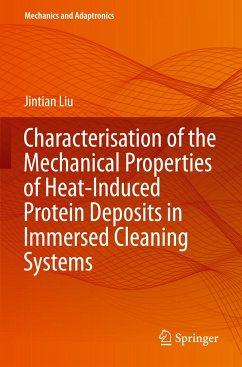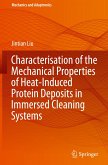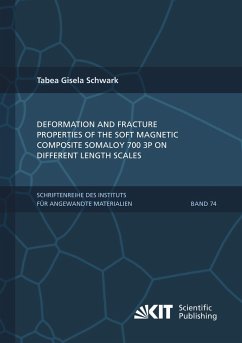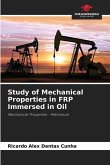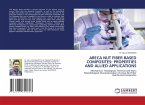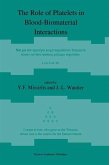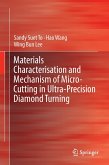During heat treatment in dairy production, the rapid formation of heat-induced fouling deposits on the plant surface leads to reduced efficiency of heat transfer. Therefore, a regular cleaning process is required to soften the heat-induced protein deposits and then remove them from the plant surface. The mechanical property of the deposits is one of the key issues of the cleaning mechanisms since the non-fractured behaviour dominates the deformation of the fouling layer and the failure behaviour has a great impact on the cohesive removal of fouling deposits. Considering the complicated geometry of fouling deposits and their irregular distribution, indentation experiments were carried out on various kinds of protein deposits. The experimental results reveal the significant influence of the thickness of fouling deposits on their mechanical behaviour and the time-dependent nonlinear behaviour of the deposits.
Furthermore, heat-induced whey protein gel was used as the modelmaterial for fouling deposits and the non-fractured and fracture behaviour was characterized using compression and wire cutting experiments, respectively. The material parameters identified using the inverse finite element method allow the prediction of fracture behaviour under localized external loads and provide a deeper insight into cohesive removal. To investigate the softening effect during caustic washing, tensile experiments were conducted on chemically treated and untreated whey protein gels. Adequate chemical degradation leads to a softer mechanical response and increased stress relaxation, making whey protein gels more flowable and more resistant to tensile deformation. The experimental results provide useful data on the failure behaviour of chemically treated whey protein gels.
Furthermore, heat-induced whey protein gel was used as the modelmaterial for fouling deposits and the non-fractured and fracture behaviour was characterized using compression and wire cutting experiments, respectively. The material parameters identified using the inverse finite element method allow the prediction of fracture behaviour under localized external loads and provide a deeper insight into cohesive removal. To investigate the softening effect during caustic washing, tensile experiments were conducted on chemically treated and untreated whey protein gels. Adequate chemical degradation leads to a softer mechanical response and increased stress relaxation, making whey protein gels more flowable and more resistant to tensile deformation. The experimental results provide useful data on the failure behaviour of chemically treated whey protein gels.

